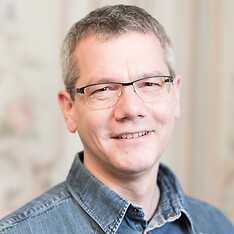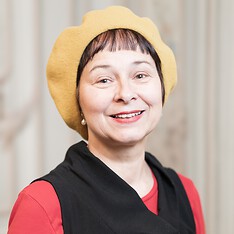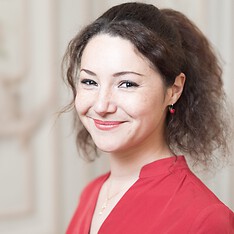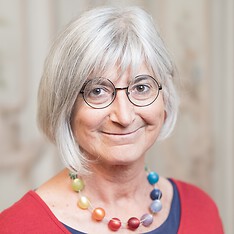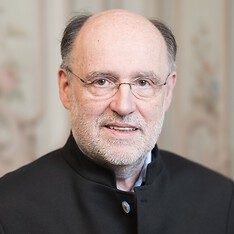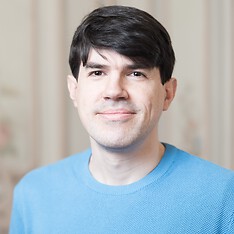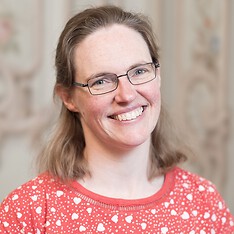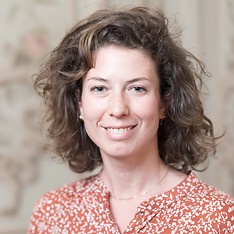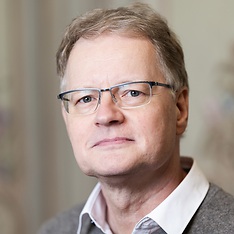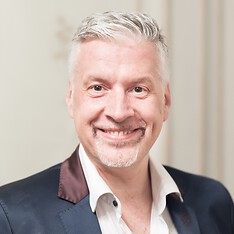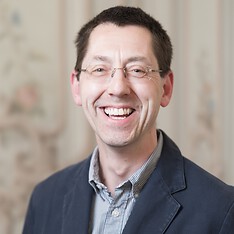Subject Area of Applied Music Theory, Languages and Science
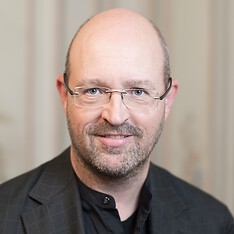 "A singer must understand the language of music in order to express it properly." (Luciano Pavarotti)
"A singer must understand the language of music in order to express it properly." (Luciano Pavarotti)
The knowledge of meaning and context is the goal of our teaching!
Young singers benefit in many ways from the content and offerings of the department "Applied Music Theory, Languages and Science". They can develop as artists by considering their art in a broader context.
*Exposure to musical fundamentals enables them to develop and implement their own musical ideas and present their music to audiences in interesting and relevant ways.
*By understanding musical fundamentals such as scales, harmonies, rhythms, and forms, they are able to better understand and interpret songs, arias, tunes. As a result, they interact with their accompanists and other musicians based on a shared understanding of musical concepts.
*Applied music theory helps them learn new, unfamiliar material effectively, and thus progress more quickly. *Extensive language training helps them sing in other languages, especially those they are not fluent in. This is not just about correct pronunciation and intonation. Rather, language training helps singers make an emotional connection to the texts they sing.
*Scientific engagement with artistic content creates the basis for an informed, critical, and reflective approach to their art. To summarize: The department supports young singers in improving their musical skills and abilities, optimizing their artistic performance, and realizing their potential.
Jürgen Tauber (tauber@mdw.ac.at), speaker of subject area for Applied Music Theory, Languages and Sciene

